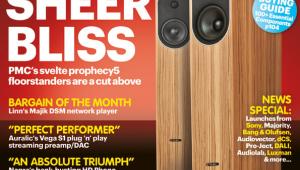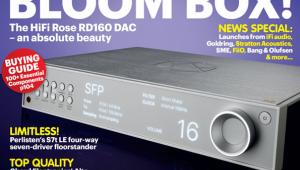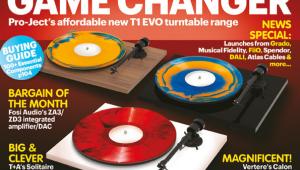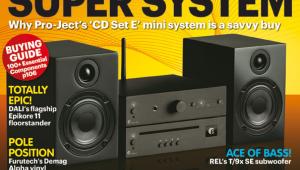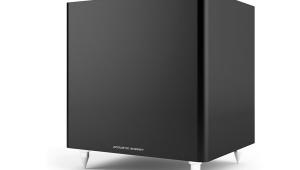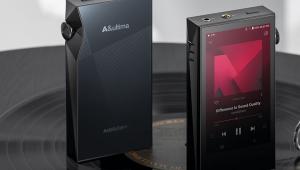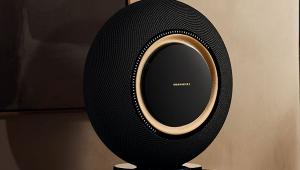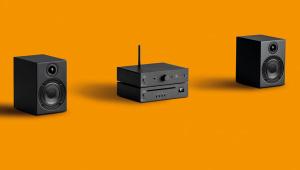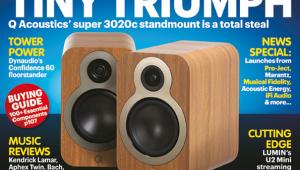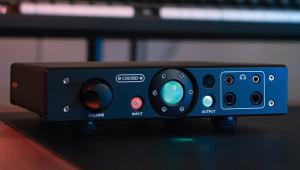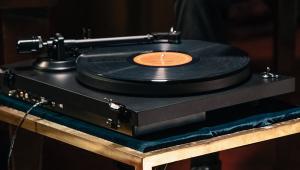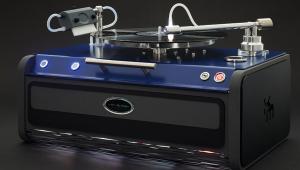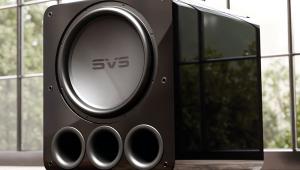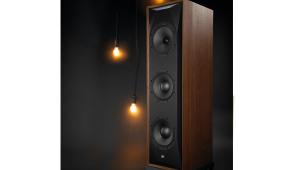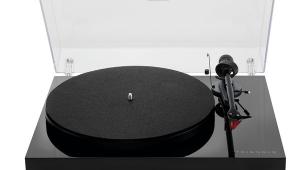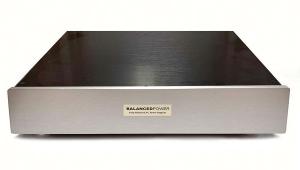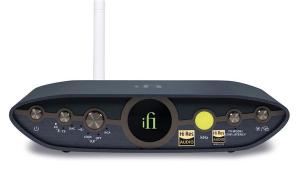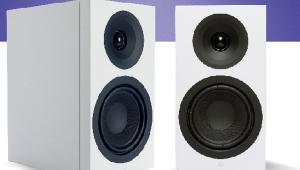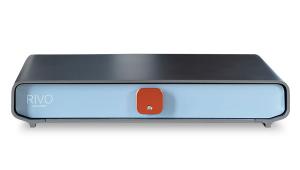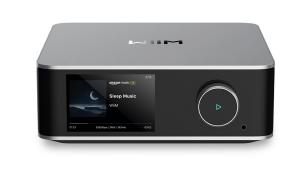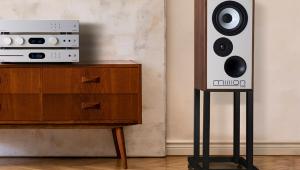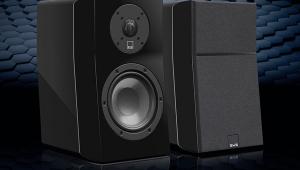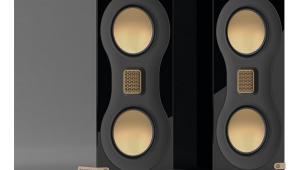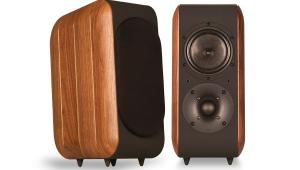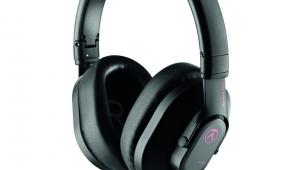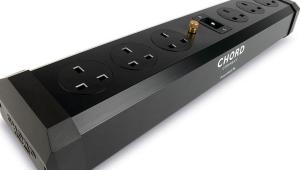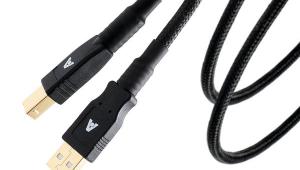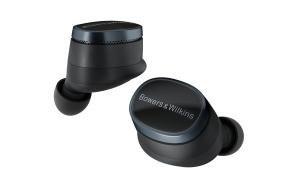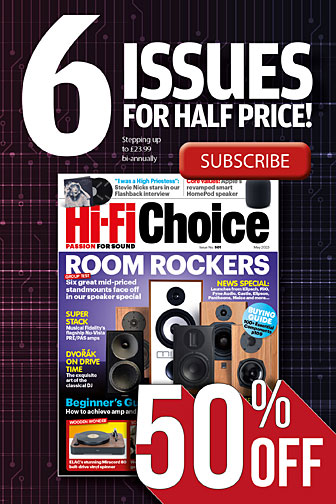Goldmund debuts Asteria, Rhea and Theia wireless speaker systems
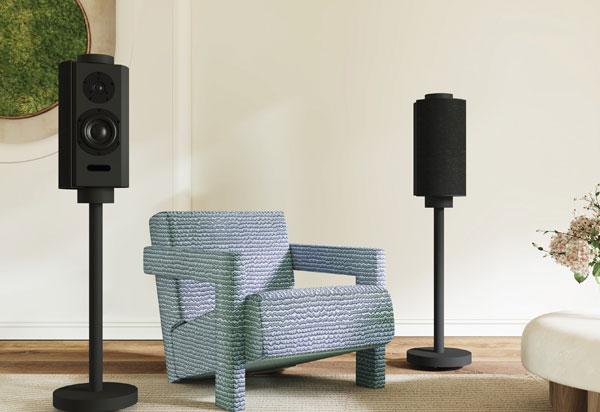
Descended from Goldmund’s flagship Gaïa, the company draws its inspiration from Greek mythology: “the names Asteria, Rhea and Theia reflect Goldmund’s ambition to elevate the listening journey beyond the conventional, offering a vast, deeply immersive experience across all music genres”.
All three are crafted from silver-grey aluminium alloy, paired with matching grilles. Micro-blasted aluminium is used for the vertical and edge enclosure panels, offering a contrast to the horizontally aligned internal panels, which are adorned in brushed aluminium.
The Asteria boasts an unspecified-sized soft dome tweeter, 178mm midband driver and brace of 230mm bass drivers, powered by 175W integrated Telos amplifiers for the tweeter and midband and 250W for the bass to deliver a total of 600W per unit. The cabinet’s dimensions are 350 x 1,100 x 350mm (WxHxD), each one weighs 70kg and the price is a hefty £89,000.
The Rhea offers the same amplification, but a larger 305mm bass driver and 450 x 1,350 x 540mm (WxHxD) cabinet. It weighs 125kg and costs £137,000.
Finally, the Theia adds an additional cabinet housing with a 102mm ‘high midband’ driver. The tweeter remains the same, but is paired with a 152mm ‘low midband’ driver and 305mm bass driver. The tweeter and midband drivers are each powered by individual 175W integrated Telos amplifiers, with 350W for the bass driver for a combined total of 775W per speaker. Dimensions are 550 x 1,580 x 675mm (WxHxD), each cabinet weighs 200kg and the pair will set you back a rather eye-watering £275,000.
The speakers are designed with Goldmund’s exclusive Proteus LS technology and equipped with Leonardo Time Correction through its Digital Processing System. The company says this: “ensures sound is not only pure and precise, but also adaptable to the unique acoustics of any space.”
Options for wired and wireless connections include a digital S/PDIF input and USB dongle for integration with computers. The speakers’ DSP operates at 24-bit/96kHz and employ Goldmund’s Mechanical Grounding building technology. This is said to evacuate vibrations from the structure, allowing lower resonance from not only the speakers but also from electronics, where mechanical vibrations are one of the major sources of colouration. “As a result,” says Goldmund: “there is no over emphasis on certain tones and the sound preserves its naturalness”.
Available to buy now, you can find out more about the Asteria, Rhea and Theia here.
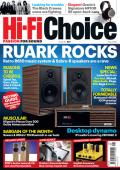 |
Inside this month's issue:
Ruark R610 music system and Sabre-R standmount speakers, PMC twenty.23i Active, floorstanders, English Acoustics Downton preamplifier, Bluesound NODE ICON preamp/streamer, Ortofon Concorde Music Blue MM cartridge and much, much more
|
